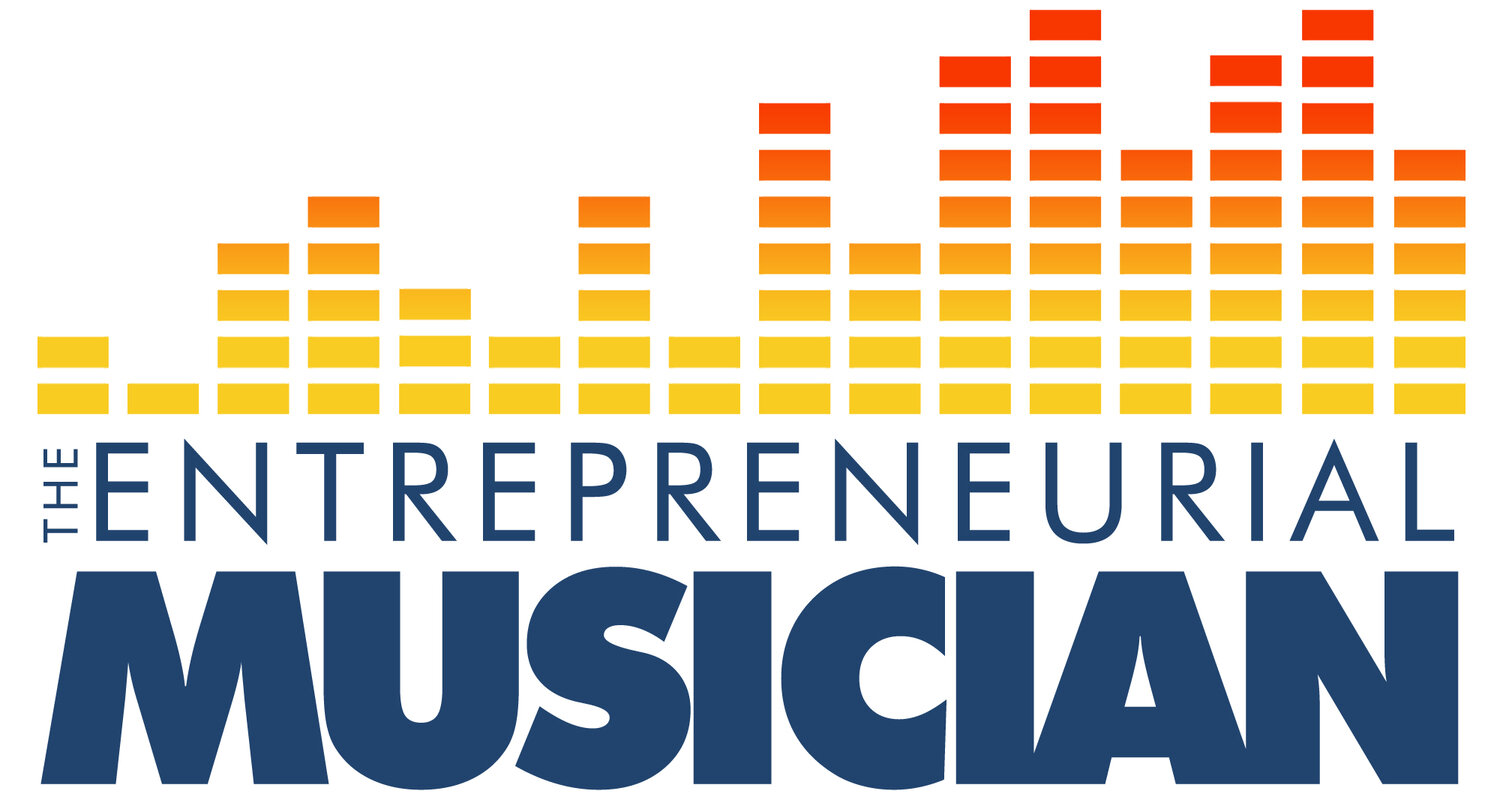Everything Must Be Paid for Twice
I stumbled onto this blog post and it has my head spinning! Here’s an excerpt:
“If you look around your home, you might notice many possessions for which you’ve paid the first price but not the second. Unused memberships, unread books, unplayed games, unknitted yarns.”
The author points out that there’s a first price (which is usually money) to acquire things like books or a budgeting app but that a second price must be paid in order to actually use the thing, like taking the time to read the book or set up the app.
He argues that the second price is frequently higher than the first price and speaks to the negative effects of accumulating things where we have yet to pay the second price:
But no matter how many cool things you acquire, you don’t gain any more time or energy with which to pay their second prices—to use the gym membership, to read the unabridged classics, to make the ukulele sound good — and so their rewards remain unredeemed.
I believe this is one reason our modern lifestyles can feel a little self-defeating sometimes. In our search for fulfillment, we keep paying first prices, creating a correspondingly enormous debt of unpaid second prices. Yet the rewards of any purchase – the reason we buy it at all — stay locked up until both prices are paid.
How does this specifically relate to my own journey as an entrepreneurial musician with a portfolio career?
I am a firm believer in online courses. The best of them offer instant, in-depth access to the world’s foremost experts on just about anything. We have never lived in a better time to learn, really learn, from the best in the world.
But there is a problem with online courses.
There’s always another one!
I have purchased a number of online courses that I haven’t even begun. And purchasing yet another course, no matter how great the sale is or how relevant the material is to my journey, isn’t helping me dig out of that hole.
So in 2022 I made a rule that I am no longer purchasing any online courses until I actually complete some of them. It’s not like I’m sitting on a dozen of them but the number also isn’t two! And with each passing purchase I felt a little more overwhelmed by all of these uncompleted (and sometimes unstarted - which I just made a word) courses. So I’ve hit timeout.
I also bought a subscription to QuickBooks last year to get organized with my finances so that tax time wasn’t so chaotic.
But it turns out that second price of that purchase was a lot bigger than I thought it would be. I not only had to set it up but I then had to keep inputting data over and over and over again.
You might be sitting there wondering “well how the hell did you think it was going to work?” and you would be right to ask that. I just underestimated how much work it would be to stay on top of the data input.
I don’t regret the decision and don’t consider the subscription wasted money. I needed to experience it before I realized that two days of chaos at tax time was a lower second price for me than updating the app every week (meaning 50+ times a year.)
I would recommend the four minutes it will take to read the full blog post. It made me more thoughtful about acquiring things and encouraged me to use the things I already have - both good things!
I’ll leave you with two questions to ask yourself:
What things have you acquired where you have yet to pay the second price? And for each, should you pay that second price now, get rid of it, or stay the course?



